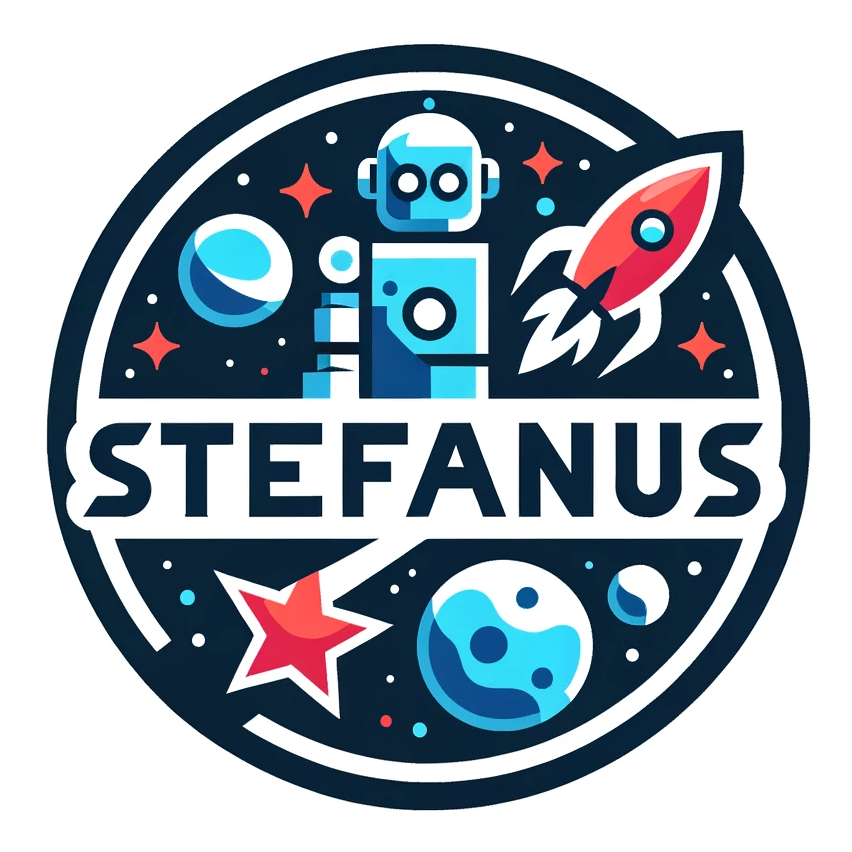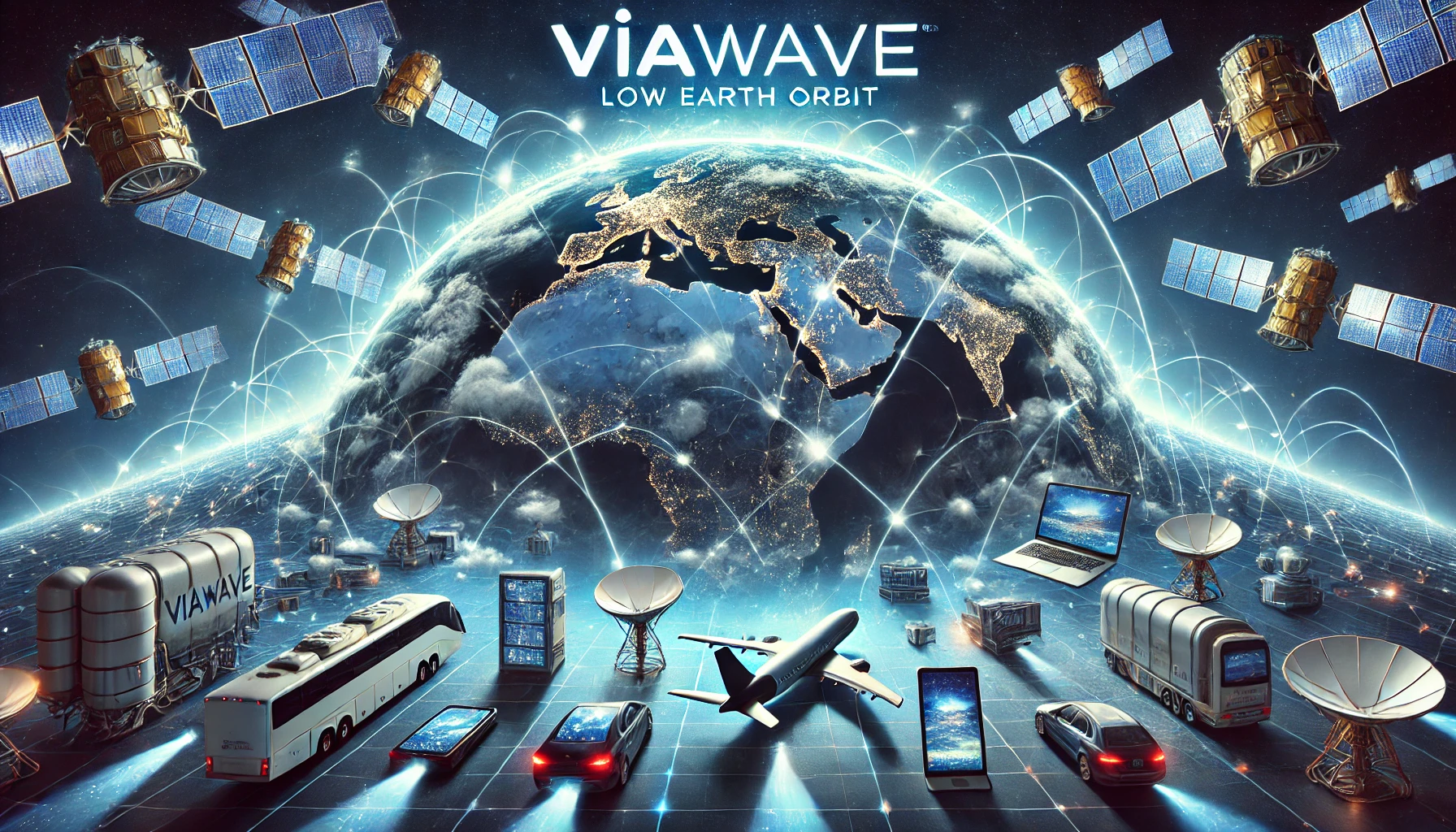Introduction: Picture yourself as a dedicated researcher or scholar, having poured your heart into a study, only to navigate the slow and meticulous journey of peer review. This process, a critical gatekeeper for quality and innovation in scientific journals, demands rigorous scrutiny from both academic peers and broader audiences. Each step, from submission to feedback, is a dance of refinement aimed at ensuring the highest standards of research dissemination.

Advantage: The traditional peer review process offers a unique benefit: it allows experts early access to groundbreaking ideas and developments within their fields. From chemists to computer scientists, and social scientists to doctors, professionals across disciplines have the opportunity to refine and validate each other’s work before it reaches the public eye. This collaborative effort extends beyond the sciences, enriching literature reviews and advancing knowledge across the board.
Status: In this scholarly ecosystem, individuals are often called upon to critique or review articles, providing informed opinions based on their expertise. This involves a thorough examination of another’s methodology, argumentation, and conclusions, contributing to a collective endeavor of knowledge enhancement and integrity.
Solution: The crux of our discussion is the need to expedite the journey from journal submission to publication. Traditional review methods, while invaluable, can be time-intensive, delaying the dissemination of potentially life-saving or transformative research. The introduction of Artificial Intelligence Review Journal (AIRJ.COM) into the peer review process promises a revolution, potentially accelerating publication timelines. AI can offer not just expedited reviews but also constructive feedback, guiding researchers in refining their arguments and methodologies, thereby streamlining the path to publication.

Conclusion: AI stands poised to transform the peer review landscape across all fields of science, including chemistry, nuclear science, biology, social sciences, and beyond. Its potential extends to enhancing literature reviews, promising a future where the dissemination of research is not only faster but also more robust, propelling the frontiers of knowledge ever forward.



